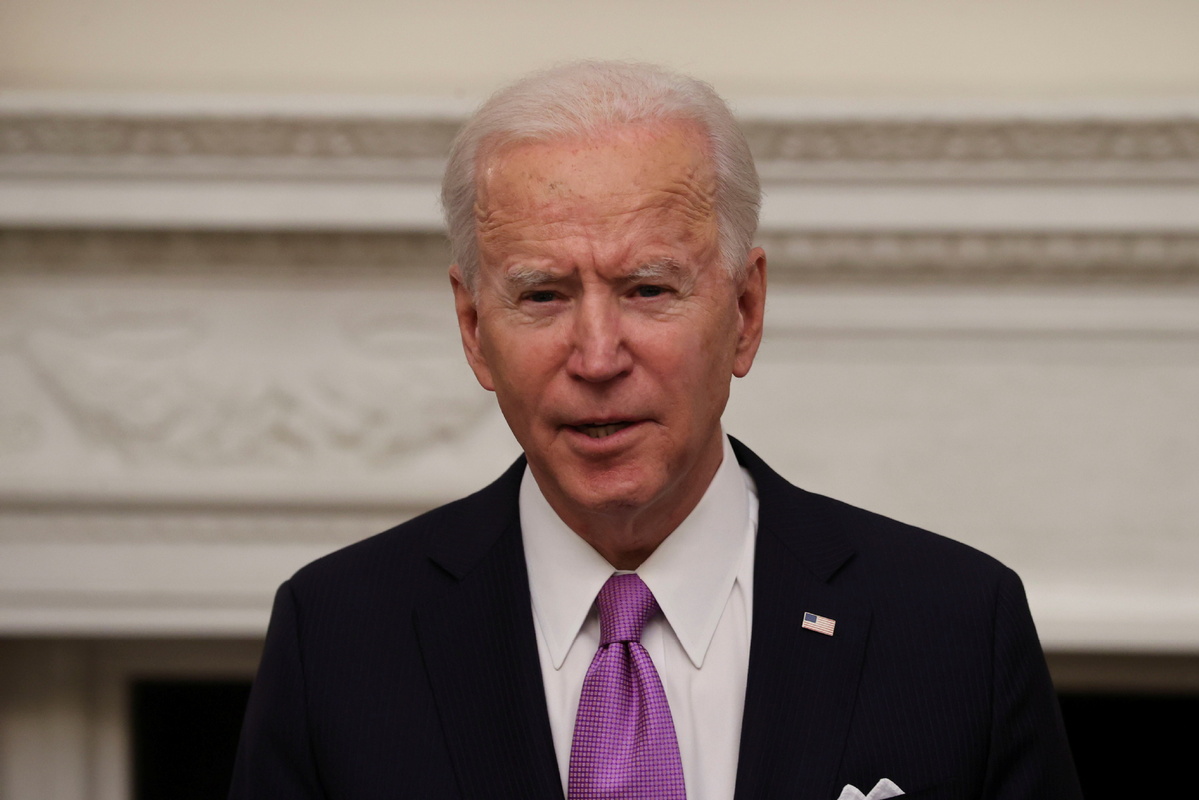New president, new challenges, new opportunities


One of the first controversies Donald Trump stoked after being inaugurated as US president four years ago was claiming that his crowd was bigger than that of predecessor Barack Obama. It was a lie.
But this is one battle new US President Joe Biden won't need to fight with Trump. Due to the pandemic and the storming of the Capitol two weeks ago, Biden might have had the smallest inauguration in US history.
The twice-impeached president Trump was to neither concede defeat in the November presidential election nor attend his successor's inauguration.
Now the US has a new president, 78-year old Joe Biden with five decades of public service as senator and vice-president. He ran for office several times and lost. In the 2020 primaries he was the "comeback kid". And perhaps the finest characteristic one can ascribe to Biden is that he's a truly decent and empathetic person. At his inauguration, he confirmed it by giving a pretty impressive speech.
His address was almost entirely focused on domestic issues, because the US is fighting a pandemic that has killed more Americans than those who died in World War II and pushed the US economy into a coma. It was focused on domestic issues also because a violent mob, possibly aided and abetted by elected officials, sought to end the American experiment in the very Capitol where the inauguration ceremony was held.
Biden was right on the money when he said: "We must end this uncivil war that pits red against blue, rural versus urban, conservative versus liberal. We can do this if we open our souls instead of hardening our hearts." Which is about the closest he came to conjuring up the "dearly departed" Donald Trump.
There was no mention of matters at or beyond the US borders. That will come when Biden delivers the State of the Union address next month.
As I watched Biden speak, my mind drifted to a day exactly 60 years earlier when, as a young teenager, I watched another president deliver his inaugural speech. That speech influenced Biden to go into public service. President John F. Kennedy told us to "Ask not what your country can do for you. Ask what you can do for your country." He also said that just as in our day "man holds in his mortal hands the power to abolish all forms of human poverty and all forms of human life".
Although he made no mention of Sino-US relations at the inauguration, there was plenty of it the day before when senior-level nominees were vetted by the US Senate. And the news is that the testimony was belligerent showing much work remains.
New Secretary of State Antony Blinken said Trump was right in taking a harder line against China — although he disagreed with Trump's way of doing so. He also said: "There is no doubt (China) poses the most significant challenge of any nation state to the United States in terms of our interests and the interests of the American people". He did allow, however, that "there are rising adversarial aspects of the relationship; certainly, competitive ones, and still some cooperative ones, when it is in our mutual interests."
In a similar vein, Avril Haines, national intelligence director, said intelligence agencies needed to focus more on China. "While the administration should try to work with China on issues like climate change, in the world of intelligence, Beijing was not a partner."
While both took a hard line against China, each also saw room for Sino-US cooperation, most likely in containing the COVID-19 pandemic and fighting climate change.
The bottom line is that China and the US need to aggressively seek out opportunities where their national interests overlap to work together and step back from the abyss. Why? Because countries that don't learn from the mistakes of history are bound to repeat them.
The author is a senior fellow at Beijing-based Center for China & Globalization.
The views don't necessarily reflect those of China Daily.

































